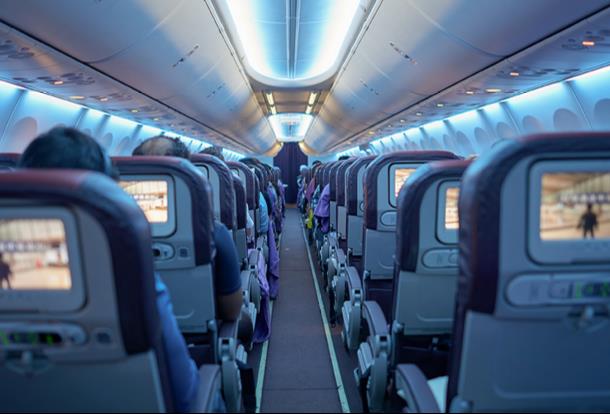For one reason or another, offering discounted rooms is a key element of revenue management – whether it’s because you want to acquire new customers, advance bookings or you know there’s going to be a period of low occupancy. But, according to experts in the field, there are a few golden rules that need to be applied before you can do it successfully, and there are some major mistakes revenue managers often make which can damage a property’s profits.
It’s all about timing
Generally, revenue management experts agree that discounting should be used mainly to encourage people to book early, or to increase volume in periods of low occupancy. “Discounting is a way to open rooms up to people who are looking ahead,” says Jane Pendlebury, CEO of the Hospitality Professionals Association, which provides training in finance, revenue management, IT, marketing and asset management.
“Good discounting,” she says, “all depends on where you are in the cycle. It depends how close to the booking you are. The main theory of revenue management is you sell your cheapest rooms first – just as the airlines do – or get your cheaper rates secured first. So discounting is good, but the sooner in the booking cycle or the further out from the arrival date you do it, the better.”
Rate-fence your discounts
It’s not as simple as just setting a cheap advance purchase rate and letting that book up, though, says Neville Isaac, Chief Customer Officer at Beonprice, a revenue management platform.
“There’s a school of thought that says your property needs to offer more than one rate in the market at the same time: a flexible rate with flexible cancellation, and some kind of semi-flexible or non-flexible rate.” The non-flexible rate, says Isaac - be it a pre-payment rate, advance purchase rate, or a rate with a strict or no-cancellation policy - needs to have the discount applied.
“If you’re going to put barriers up there has to be some benefit for the customer as well,” he continues. “So you might say the customer has to book this rate at least 14 days in advance, but on the other hand, you’ll give them a 15% discount if they do so. Both sides are happy.”
Know the implications
Discounting shouldn’t be used just to fill rooms, though. Ultimately, you need to consider the impact the discounts will have on your overall revenue.
“I’m not saying you never discount, because you have to, but you should know what you need to achieve. You can do it as long as you’re constantly measuring your price elasticity.”
Alternatives to discounting
If lowering your rates is an unattractive prospect, then there are alternatives that will help you draw more customers in. “You don’t necessarily have to discount your rate,” says Pendlebury, “but you could include something else in it. So, your rate stays constant at £200 a night or whatever it might be, but it also includes breakfast or a bottle of wine in the room. So rather than actually getting the price lower, you’re making the value higher.”
Read original article




